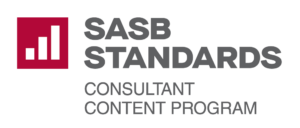Overview of SECR
Introduced: July 2018 (via Companies [Directors’ Report] and LLPs [Energy and Carbon Report] Regulations 2018)
Effective from: Financial years starting on or after April 1, 2019
Region(s): United Kingdom
About SECR
The UK’s Streamlined Energy and Carbon Reporting (SECR) requires large UK companies and LLPs to disclose annual energy use and associated greenhouse gas (GHG) emissions in their statutory reports.
Established under the Companies and LLP Regulations 2018, SECR aims to increase transparency and drive improvements in energy efficiency and carbon management.
As of April 2024, the framework remains unchanged, pending broader updates to UK climate reporting.
Criteria for SECR compliance
SECR applies to the following types of entities:
- Quoted companies that are UK-incorporated and listed on a regulated market must report regardless of size. These companies are required to disclose global energy use and GHG emissions.
- Large unquoted companies are in scope if they meet at least two of the following criteria: annual turnover greater than £36 million, balance sheet total exceeding £18 million, or 250 or more employees. These companies must report UK energy use and GHG emissions.
- Large LLPs fall under the same size thresholds as large unquoted companies and are also required to report UK energy use and emissions.
Exemptions include:
- Organizations consuming less than 40,000 kWh of energy in the reporting year.
- Cases where disclosure would be seriously prejudicial or duplicative in a parent company’s report.
Compliance timelines
SECR became mandatory for financial years starting on or after April 1, 2019. Reporting is required annually, and companies must begin including prior-year comparatives from their second reporting year onward. As of April 2025, there is no confirmed timeline for upcoming consultations on expanding SECR scope or adding third-party assurance, but further updates are expected.
Disclosure requirements
Companies must include the following in their annual Director’s Report or LLP Members’ Report:
- Total energy consumption in kilowatt-hours (kWh) for the relevant financial year.
- Scope 1 and Scope 2 GHG emissions in tonnes of CO₂ equivalent (tCO₂e).
- For quoted companies: Global emissions and energy use must be reported.
- For large unquoted companies and LLPs: Only UK-based emissions and energy data are required.
- At least one emissions intensity ratio (e.g., tCO₂e per £million turnover or per employee).
- A narrative description of energy-efficiency actions taken during the year. If no actions were taken, this must be explicitly stated.
- Methodologies used to calculate emissions, including references to standards such as the GHG Protocol or DEFRA conversion factors.
- Prior-year figures for energy use, emissions, and intensity ratios starting in the second reporting year.
Third-party assurance
Third-party assurance is not required under SECR. However, statutory auditors must confirm that the required information is included in the report and is not materially inconsistent with other disclosures. Many companies voluntarily obtain limited assurance for credibility and stakeholder trust.
Penalties for non-compliance
Failure to comply with SECR requirements can result in:
- Rejection of the annual report by Companies House, triggering late-filing penalties ranging from £150 to £7,500 depending on company size and the delay period.
- Enforcement actions by the Financial Reporting Council (FRC), which may include correction orders, public censure, and civil fines of up to £50,000.
- Reputational damage due to public naming in enforcement notices or regulatory actions.






